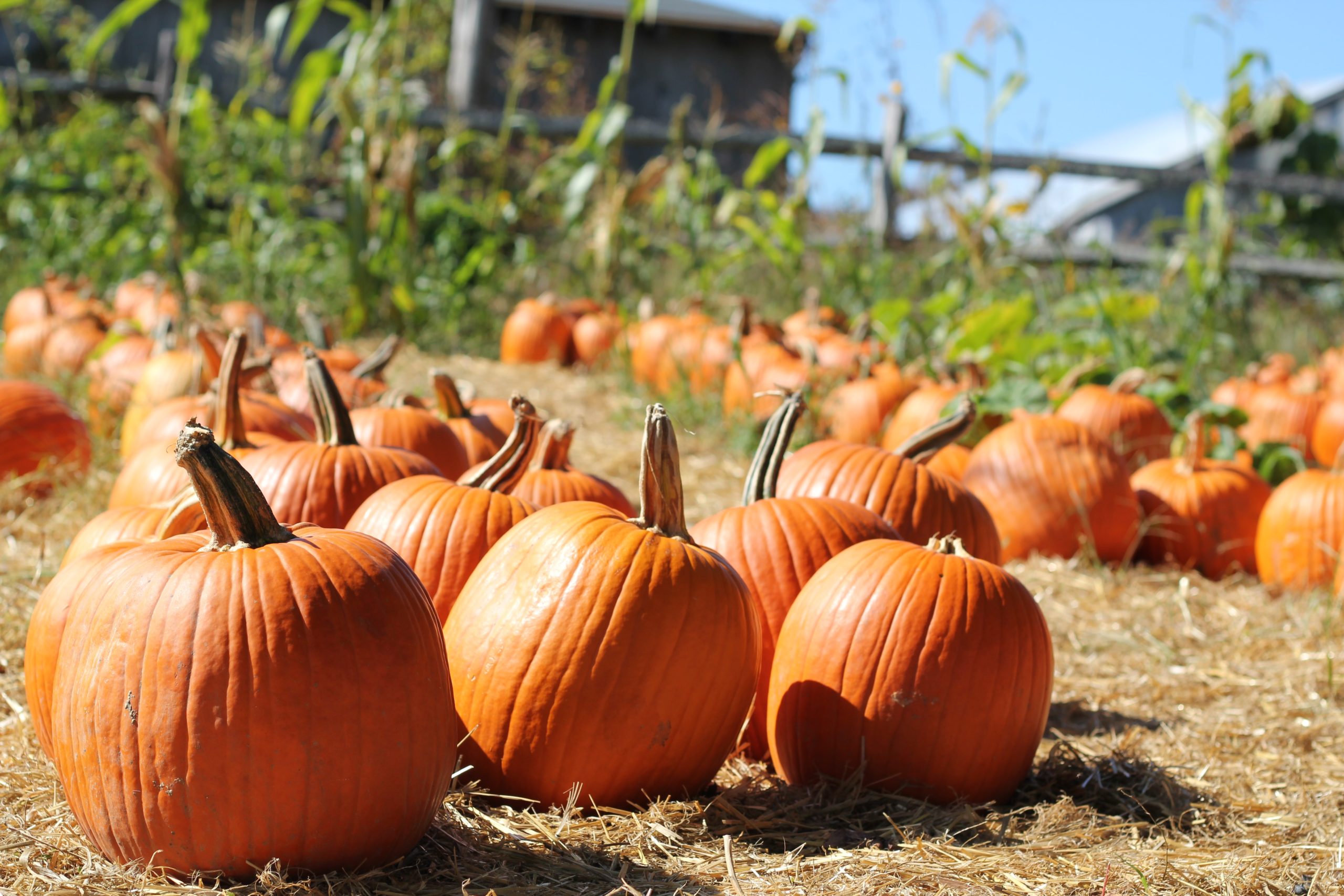At last, December is upon us. With the end of the year fast approaching, political capitals across Europe are getting ready to slow down and enjoy a much-awaited holiday season, even if this year’s celebrations require a different set-up.
But not everyone can take a break. Those working on tying the knots around the future relationship between the EU and the UK are set to be on call throughout the season, as the end of the transition period looms just over two weeks away.
In Brussels, the German Presidency of the Council of the EU is packing up in the Europa building, as the 6-month rotating presidency comes to a close at the end of the year. But before the Portuguese can settle in, the Germans have one last mission: to make the 27 agree on a common ‘Wishlist’ with the features that should be included in an EU-wide harmonised front-of-pack nutrition labelling system.
Every month, the Whitehouse team brings you the top stories in the food and nutrition space. In December:
It’s a oui to CBD: The European Court of Justice (ECJ) ruled on 19th November that cannabidiol (CBD) products lawfully produced in an EU Member State cannot be prohibited in another. In so doing, the Court also argued that CBD should not be considered a narcotic. This decision brings regulatory certainty to European CBD producers and sellers, which thus far had to navigate around fragmented CBD legislation and licensing hurdles across the 27 Member States. At the UN, the 53 Member States of the Commission on Narcotic Drugs (CND) voted to remove cannabis from Schedule IV of the 1961 Single Convention on Narcotic Drugs, where the plant was listed alongside deadly and addictive substances deemed to have little to no therapeutic purposes, such as heroin. With the vote, the CND has recognised the medicinal and therapeutic purposes of cannabis, though the plant remains under Schedule I, leaving any non-medical and non-scientific uses to remain illegal.
We are the chemicals we eat: A new report from Zero Waste Europe found over 20 different hazardous chemicals used in food packaging in high concentrations in the human body. The organisation called on the European Commission to implement sweeping reforms to the way foodstuffs are packaged in the bloc as part of the institution’s commitment to revise EU legislation on food contact materials, an initiative included in the Farm to Fork Strategy (F2F).
Nutrition labelling is a cheesy affair: As part of a series of webinars hosted by the European Food Forum, an independent organisation governed by a group of MEPs who aim to promote an open dialogue with policymakers on various issues related to food, hosted a discussion led by the group of MEPs on the need for a harmonised front-of-pack nutrition labelling system in the EU. Discussions were dominated by Italian stakeholders, from dairy farmers’ associations to the Italian Ambassador to the Council’s Committee of Permanent Representatives (COREPER), who passionately argued against the adoption of a nutri-score-like system that would label traditionally southern products such as olive oil and cheese as not very healthy. With a December deadline for the German Presidency to present conclusions on this proposal, the EU27 seem as divided on this topic as ever.
EU food standards to remain in Belfast: The British government has announced it will remain fully aligned with EU food and hygiene standards for the production of agri-food products which will be shipped to Northern Ireland.
In case you missed it: The European Commission launched a new Food Labelling Information System tool aimed at creating a single food labelling information database. Through this instrument, users can find labelling requirements for various categories of food products, at European level.
You can read this month’s developments in more detail on our Food & Nutrition Newsletter. You can subscribe to our mailing list here.
If your business needs any support or advice in navigating these policy challenges, or if you have any questions about how these may impact your industry, please do get in touch by contacting Viviana Spaghetti, Director of European Affairs at Viviana.Spaghetti@whitehousecomms.com

